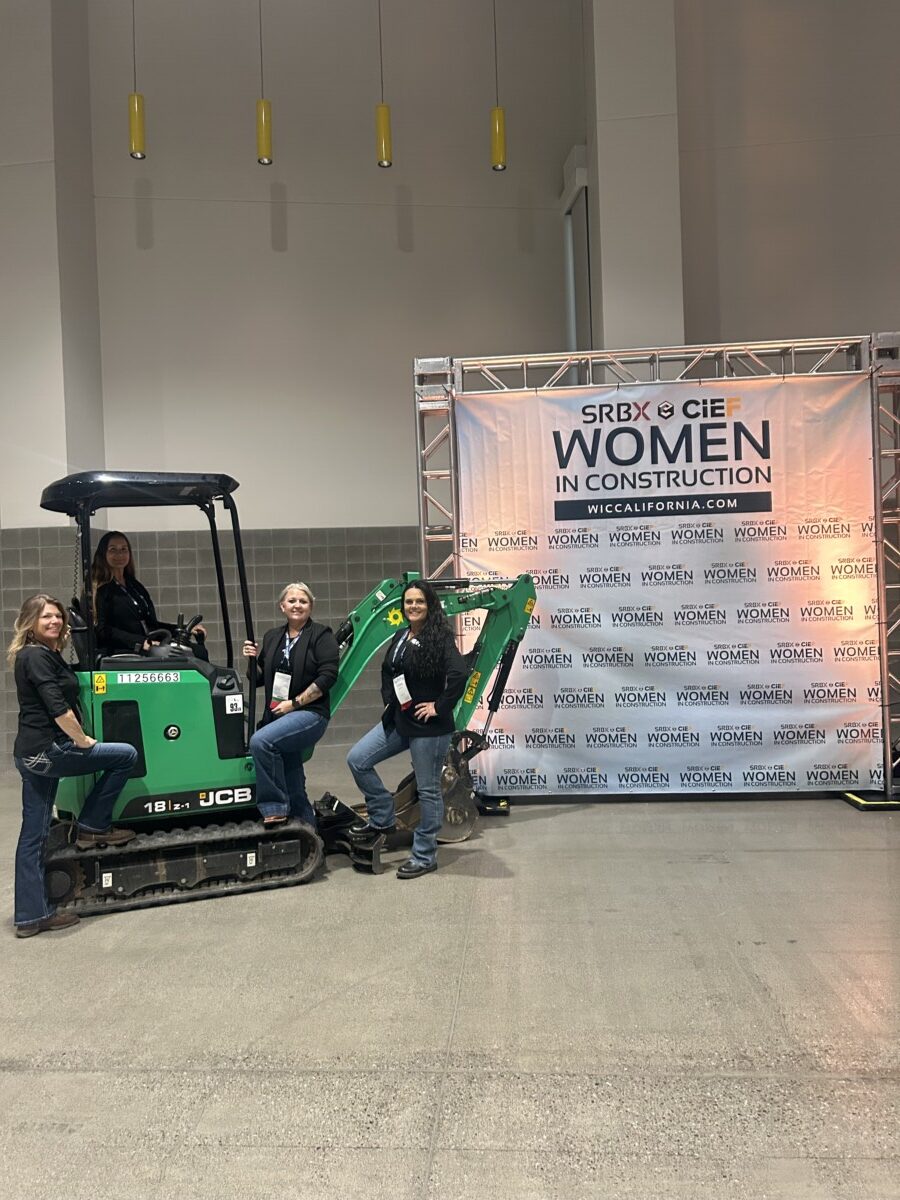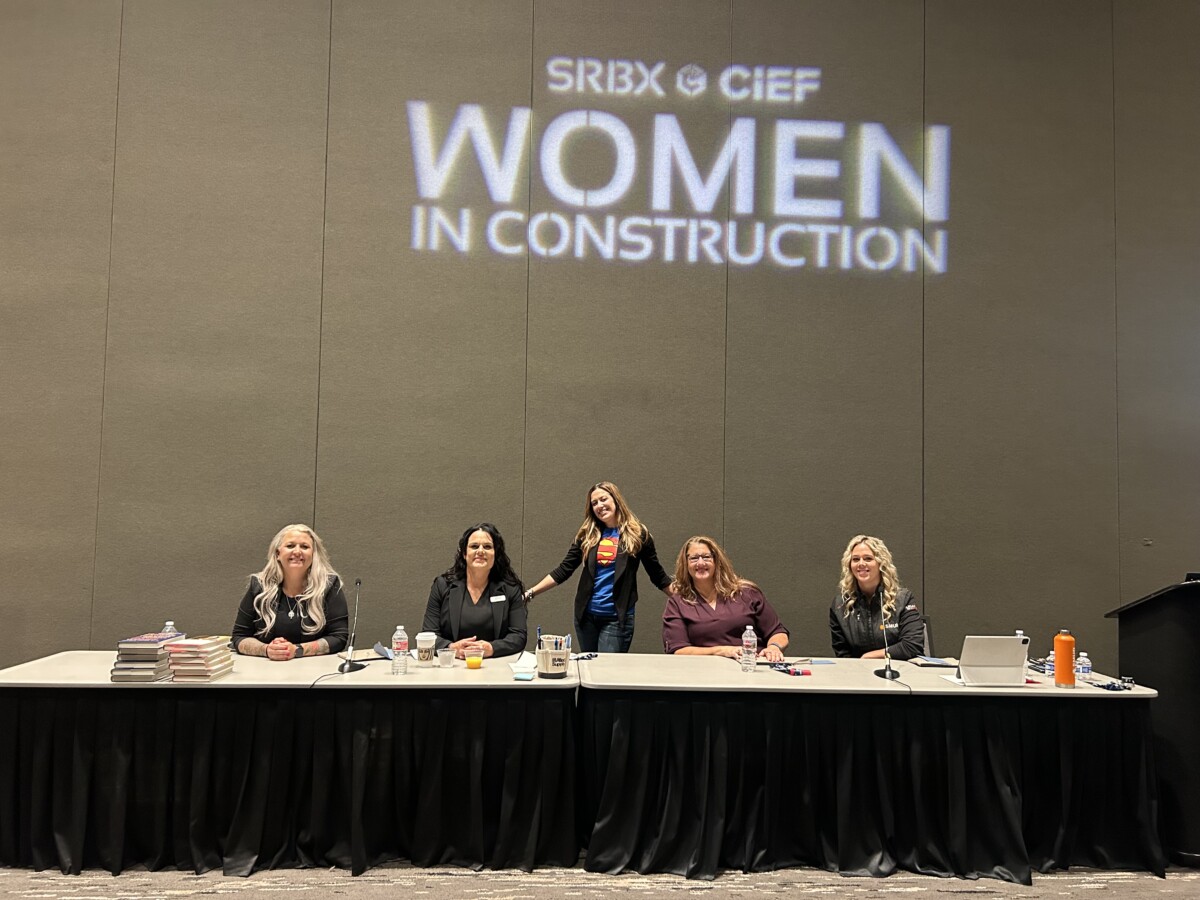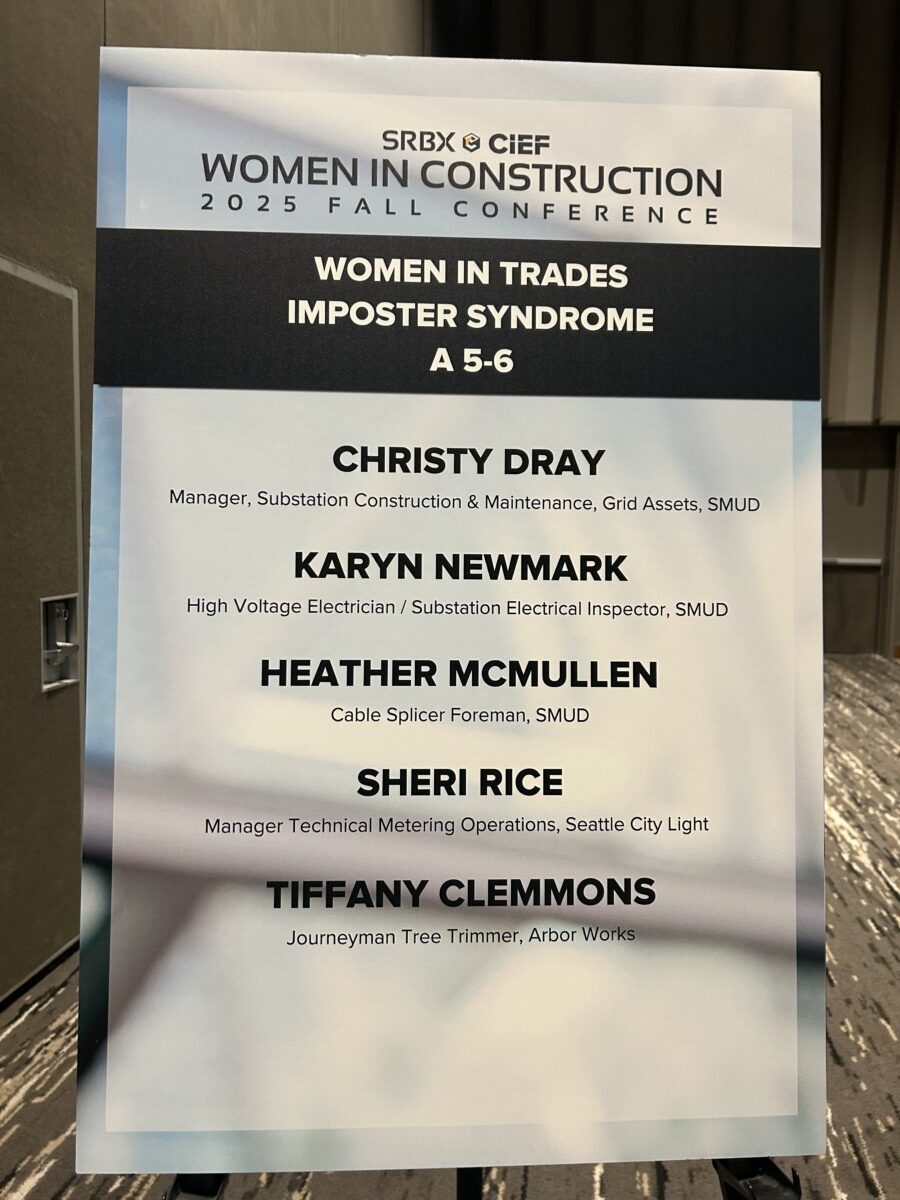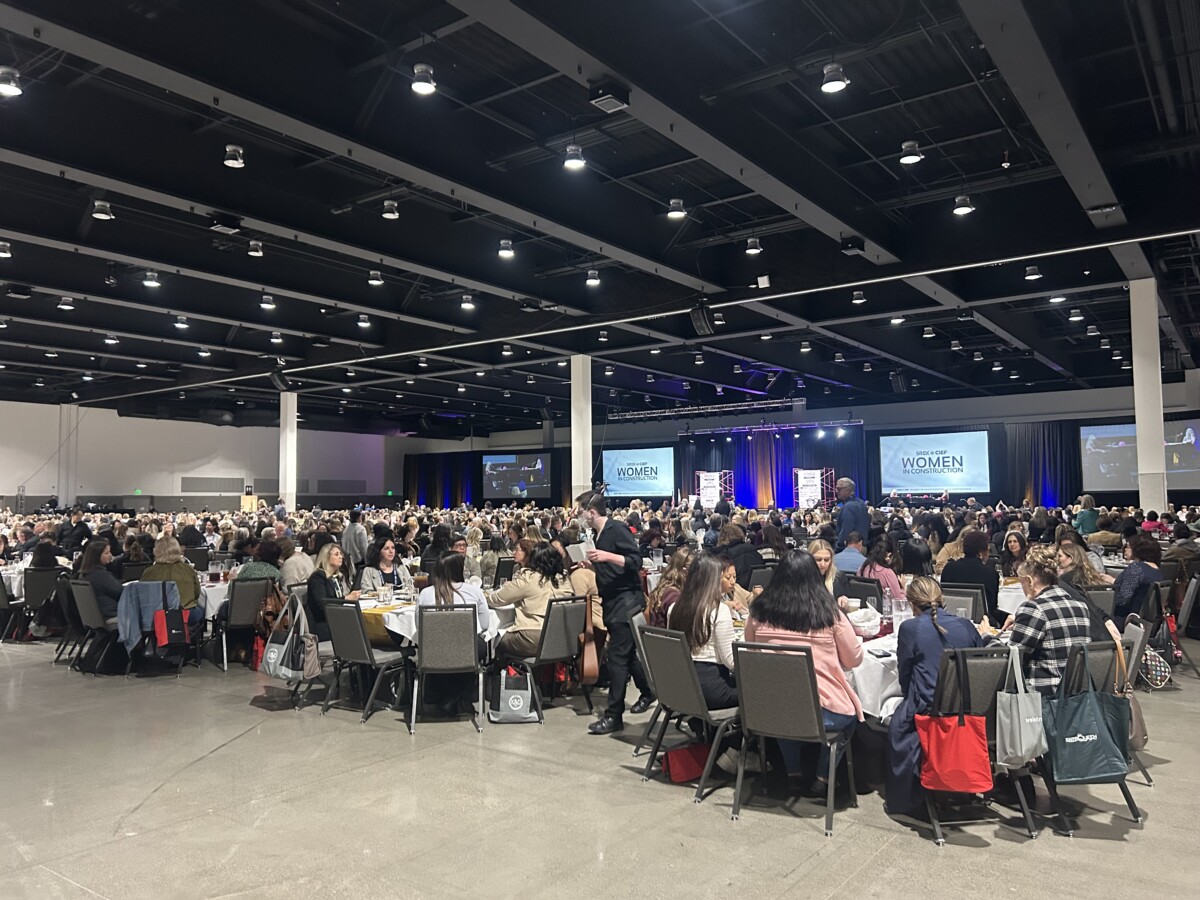 Construction is one of the nation’s most essential industries, but gender diversity has remained one of its most persistent gaps. Women make up just over 10% of the built environment workforce, and in many skilled trades, that number drops to as low as 2–4%. Yet the women who do enter these fields are changing the industry from the inside out: challenging old norms, mentoring the next generation, and proving every day that they belong.
Construction is one of the nation’s most essential industries, but gender diversity has remained one of its most persistent gaps. Women make up just over 10% of the built environment workforce, and in many skilled trades, that number drops to as low as 2–4%. Yet the women who do enter these fields are changing the industry from the inside out: challenging old norms, mentoring the next generation, and proving every day that they belong.
Their work is not just about building infrastructure. It is about building pathways, showing young women that the trades are a place where they can lead, excel, and help redefine what a jobsite looks like.
That movement was on full display at the 2025 CIEF Women in Construction Conference, where more than 2,000 women, allies, apprentices, leaders, and skilled-trade professionals gathered in Sacramento.
Among them were four leaders of IBEW 1245’s Women’s Committee whose own stories reflect the resilience and determination that continue to push the trades forward. Nicole Brooks – Committee Chair & IBEW 1245 Business Rep, Karyn Newmark – SMUD Substation Electrical Inspector & Committee Member, Tiffany Clemons – Journeyman Tree Trimmer & Committee Member and Julie Brousseau – OSL Traffic Tech & Committee Member all represented IBEW in workshops, panels, keynote sessions, and conversations with the next generation of women entering the trades.
“It was encouraging and impressive to be surrounded by so many individuals who each play a role in driving this industry forward,” said Julie Brousseau.
A Keynote on Courage and Leadership
The conference opened with a keynote from Captain Sandy Yawn, known from the television show Below Deck Mediterranean and one of the few female captains in a male-dominated industry, who spoke about leadership, resilience, and pushing through bias.
“Hearing Captain Sandy speak was incredibly inspiring,” said Karyn Newmark. “She talked about staying calm under pressure, trusting yourself, and leading with empathy, all things that resonate deeply in the trades. I left feeling energized and grateful to be surrounded by so many talented and skilled professionals who share that same commitment.”
Imposter Syndrome: A Universal Experience More Common Than Most Realize
 A highlight of the conference was the panel on Imposter Syndrome, sponsored by SMUD — with IBEW 1245’s own Karyn Newmark and Tiffany Clemons seated on stage as panelists. The room was packed as the panel explored the five most common forms of imposter syndrome: The Perfectionist, The Expert, The Soloist, The Natural Genius and The Superhuman. The panel also offered practical tools for recognizing and managing them:
A highlight of the conference was the panel on Imposter Syndrome, sponsored by SMUD — with IBEW 1245’s own Karyn Newmark and Tiffany Clemons seated on stage as panelists. The room was packed as the panel explored the five most common forms of imposter syndrome: The Perfectionist, The Expert, The Soloist, The Natural Genius and The Superhuman. The panel also offered practical tools for recognizing and managing them:
- Challenge perfectionism by celebrating progress, not just flawless results
- Ask for help instead of feeling the need to “go it alone”
- Embrace learning curves and reject the myth that competence must come instantly
- Set boundaries instead of striving to excel in every role at once
- Replace self-doubt with internal validation instead of relying solely on external praise
For Nicole Brooks, watching her fellow sisters command the room was a proud and emotional moment.
“Seeing Karyn and Tiffany on that stage, making such an important impact on the audience, filled me with pride,” said Brooks. “Every topic they touched on connected back to experiences I’ve had throughout my career. That’s how you know we’re breaking ground, when our stories help others feel seen.”
Tiffany Clemons: Embracing the Learning Curve (The Natural Genius)
As a tree trimmer and longtime advocate for women in the trades, Tiffany’s panel perspective focused on the pressure many women feel to “just know” everything immediately.
“I talked about how we sometimes expect ourselves to ‘just know’ everything right away,” Clemons said. “But mastery takes time, mistakes, and mentors. After the panel, both men and women came up to share their own stories, reminding me how powerful it is to speak openly about what we struggle with.”
She also spent time connecting with high school students exploring pathways into construction and utilities.
“I told them that finding allies matters,” Tiffany added. “You don’t have to navigate this industry alone. That’s why committees like ours exist: to make sure women know they have a place and a support system.”
Karyn Newmark: Giving Yourself Grace (The Superhuman)
 Karyn’s assigned category: “The Superhuman” captured the expectation many women carry to excel in every role simultaneously.
Karyn’s assigned category: “The Superhuman” captured the expectation many women carry to excel in every role simultaneously.
“We talked about the pressure to be everything to everyone,” Newmark said. “A top performer at work, the perfect parent, the reliable friend, all at once. It’s exhausting. But acknowledging that pressure gives us permission to set boundaries, ask for help, and give ourselves grace.”
For each of our IBEW 1245 representatives, the entire conference reinforced how universal these feelings are, even among seasoned professionals.
Workshops, Belonging, and the Power of Representation
 Thursday’s workshops and breakout sessions spanned leadership, communication, technical skill-building, and inclusion. One standout was Barb Allen’s “One Ladder to Leadership,” which challenged attendees to rethink how advancement pathways are built — and why certain barriers persist.
Thursday’s workshops and breakout sessions spanned leadership, communication, technical skill-building, and inclusion. One standout was Barb Allen’s “One Ladder to Leadership,” which challenged attendees to rethink how advancement pathways are built — and why certain barriers persist.
Barb broke it down into four clear obstacles that continue to shape women’s experiences in the trades:
“The Way We’ve Always Done It” — unquestioned norms
“Missing Information” — unclear expectations or opportunities
“Perceived Confidence” — confidence judged differently for men and women
“Unconscious Biases” — subtle assumptions that influence decisions
The conference underscored a deeper truth: belonging is essential to solving labor shortages and retaining women in the trades. And when women are supported, mentored, and valued, they stay, and the entire industry benefits.